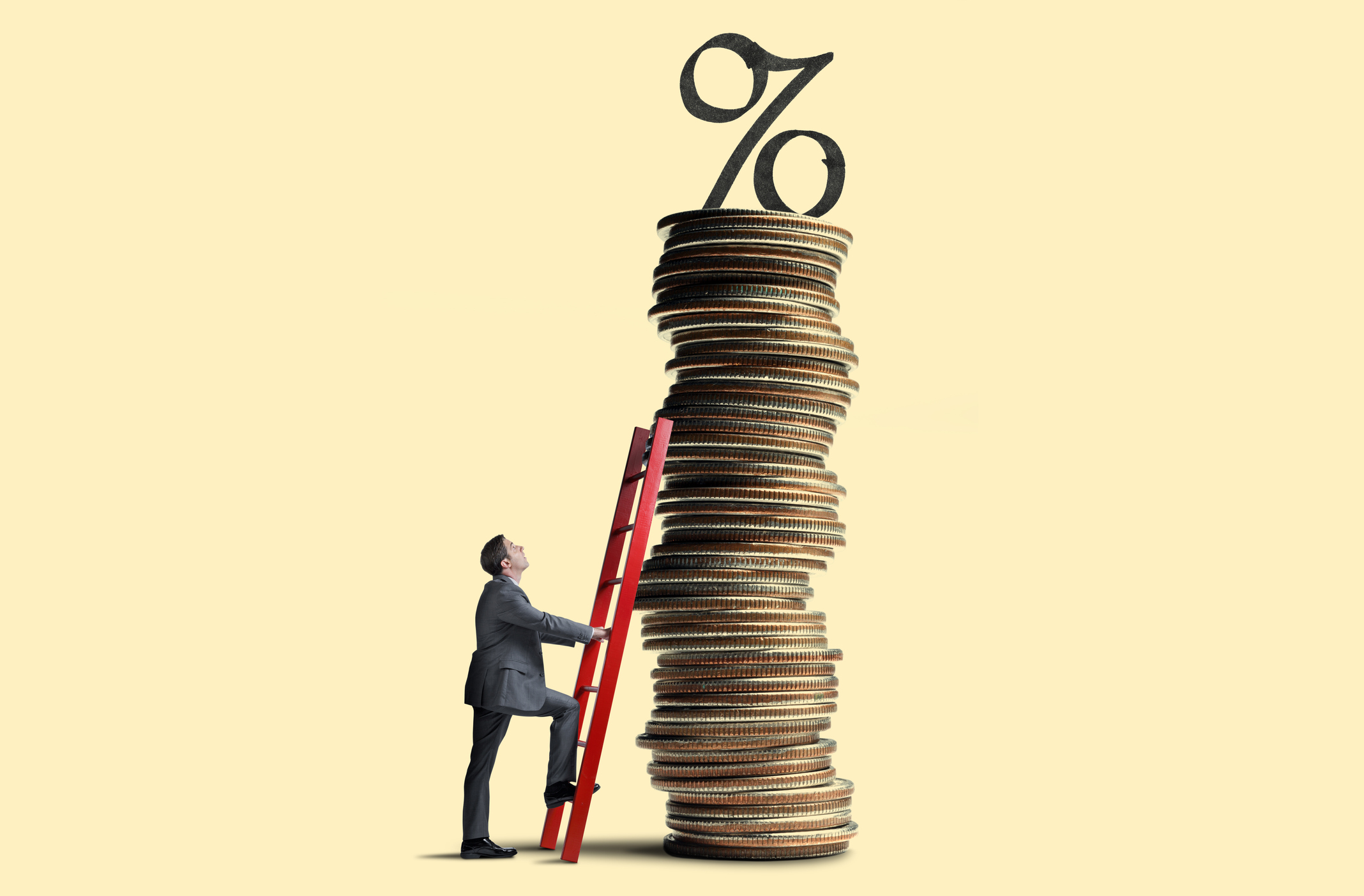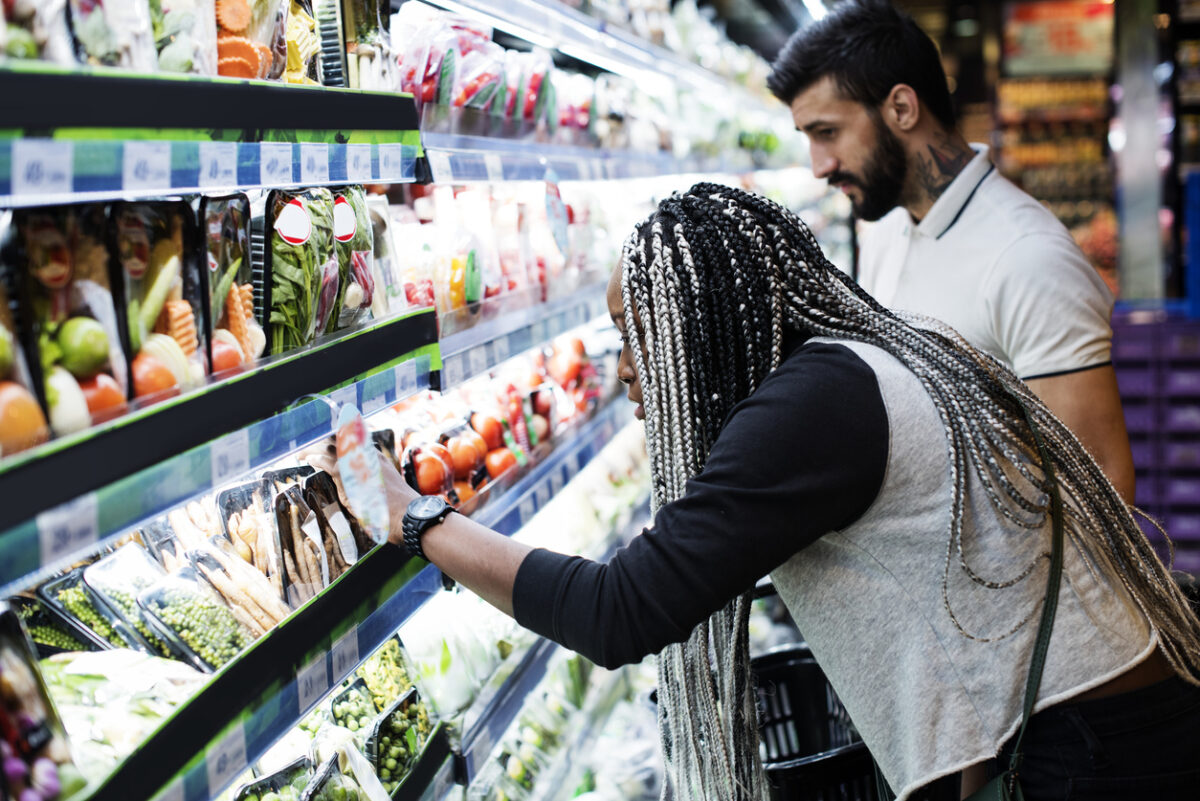Food prices to rise by 15% this summer, IGD says

Consumers in the UK have been warned that food prices will shoot up over the summer, as a combination of factors continue to negatively impact the food industry.
The Institute of Grocery Distribution’s (IGD) latest analysis reveals prices will likely rise at a rate of 15%, with the inflation most evident in prices for meat, cereal products, dairy, fruit and vegetables.
This is the highest food inflation has been in 20 years, according to the organisation which regularly provides analysis for the UK’s major grocers. The IGD also says a in rise food prices is likely to be sustained well beyond the next couple of months.
As a result of the 15% rise in prices this summer, the IGD predicts monthly food bills will have increased by another £43 for a typical family of four by the start of 2023.
This will send average monthly food spends for families to £439 – up significantly from £396 in January 2022. The IGD is most concerned with low-income families, which it predicts will be the worst hit by the inflation – both financially and nutritionally.
James Walton, Chief Economist, IGD, said: “From our research, we’re unlikely to see the cost-of-living pressures easing anytime soon. This will undoubtedly leave many households – and the businesses serving them – looking to the future with considerable anxiety.
“If average food bills go up 10.9% in a year, a family of four would need to find approximately £516 extra per year. We are already seeing households skipping meals – a clear indictor of food stress.”
Several factors are working to make the cost-of-living crisis within the food industry worse, with the ongoing Russian invasion of Ukraine among the biggest contributors.
The conflict has had an unprecedented negative impact on the global wheat supply chain – not only are wheat-based products like bread and cereal affected, but also meats like chicken which rely on the grain for feeds.
Because chickens grow and are slaughtered quickly, the organisation predicts it will only take a few more weeks for animal feed price hikes to be significantly felt by consumers.
Food aside, the conflict is also having an impact on labour shortages – according to the BBC, two-thirds of the people on the Seasonal Agricultural Workers scheme last year were from Ukraine. This year, many of them have been told to stay home and fight for their country.
Beyond the food itself, energy and fuel prices are squeezing farmers further – and these increases are already in the process of being passed on to the consumer.
Walton added: “We expect the mood of shoppers to remain bleak for the foreseeable future as they are impacted by rising inflation and a decline in real wages. Shoppers are likely to dial up money-saving tactics as far as possible.”
Find out more about IGD.








